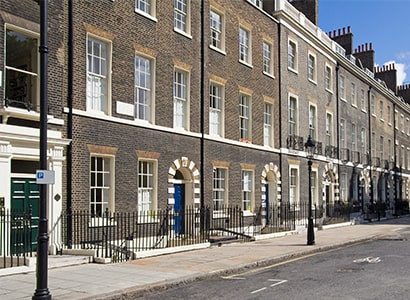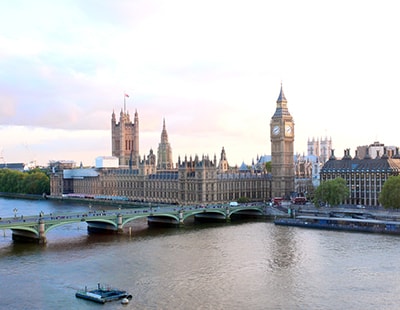
A free-to-list portal says the costs of listing on the established sites – especially Rightmove – are contributing to estate agencies going bust.
“Property portals make money by charging to list on their site, regardless of a sale or let being made. Depending on the quality of listings, brand notoriety, area of operation, and a whole host of other factors, you could end up paying a fortune to a portal before you even generate your first lead” says Christopher May, director of Residential People.
And he says those portal costs are contributing to as many as 10 agencies goes bust each week, with Rightmove named as the chief culprit.
May says the number one portal has been accused by agents of charging crippling fees and putting the squeeze on independent firms, many of which are now beginning to voice concern about their situation.
“Property portals are undoubtedly a main driving force for the industry and are here to stay, but what good is a portal without the agents supplying the properties?” asks May.
“In theory, portals should work for the agent not against them, yet in practice this rarely is the case,” he says.
He says the major portals justify their charges by suggesting the cost is a trade-off against leads generated and the profit an agent makes from successful leads.
But May says that with more agents suffering narrow margins, and some being required to pay additional costs to hire digital marketing experts, many now seek alternative ways to market and increase exposure of their inventory.
In November Estate Agent Today reported a claim by the property management firm Apropos by DJ Alexander that around 10 agencies had gone bust every week in Britain during 2019.
The firm analysed official data and found that 371 businesses dedicated chiefly to the selling of homes had entered formal insolvency proceedings in the first nine months of the year – 348 in England and Wales and 23 in Scotland. Apropos returned to the same theme last month, claiming more agencies would go bust this year.
Residential People lists some 950,000 properties from a number of countries, and does not charge agents.
“While Residential People is a free-to-list platform, we have other means of deriving income through optional features. In the long run, our business model allows us to develop our proposition into other areas, much in the same vein as Amazon has done at the other end of the scale.”











